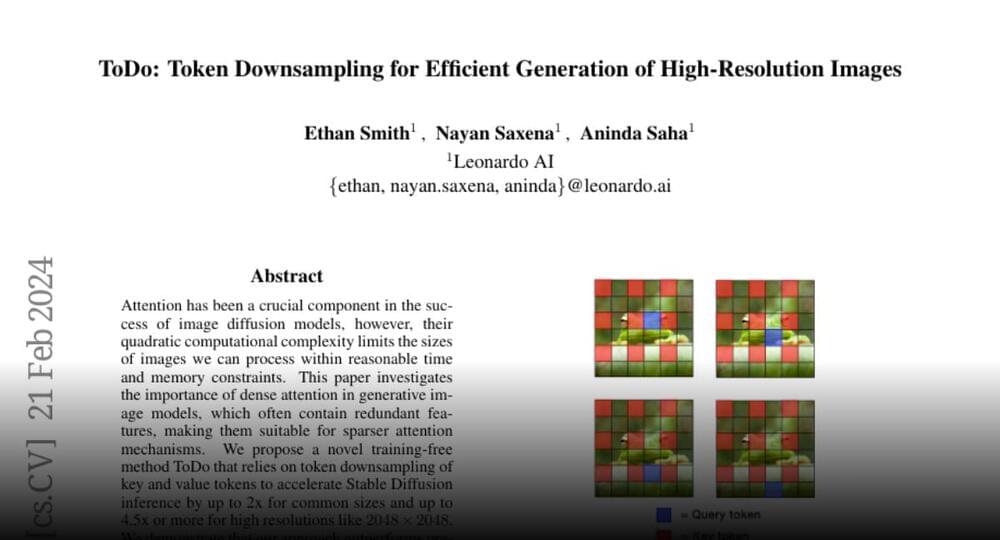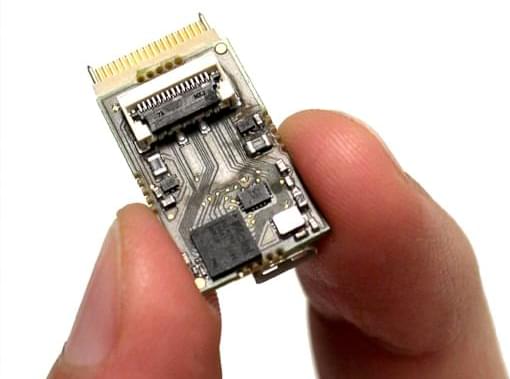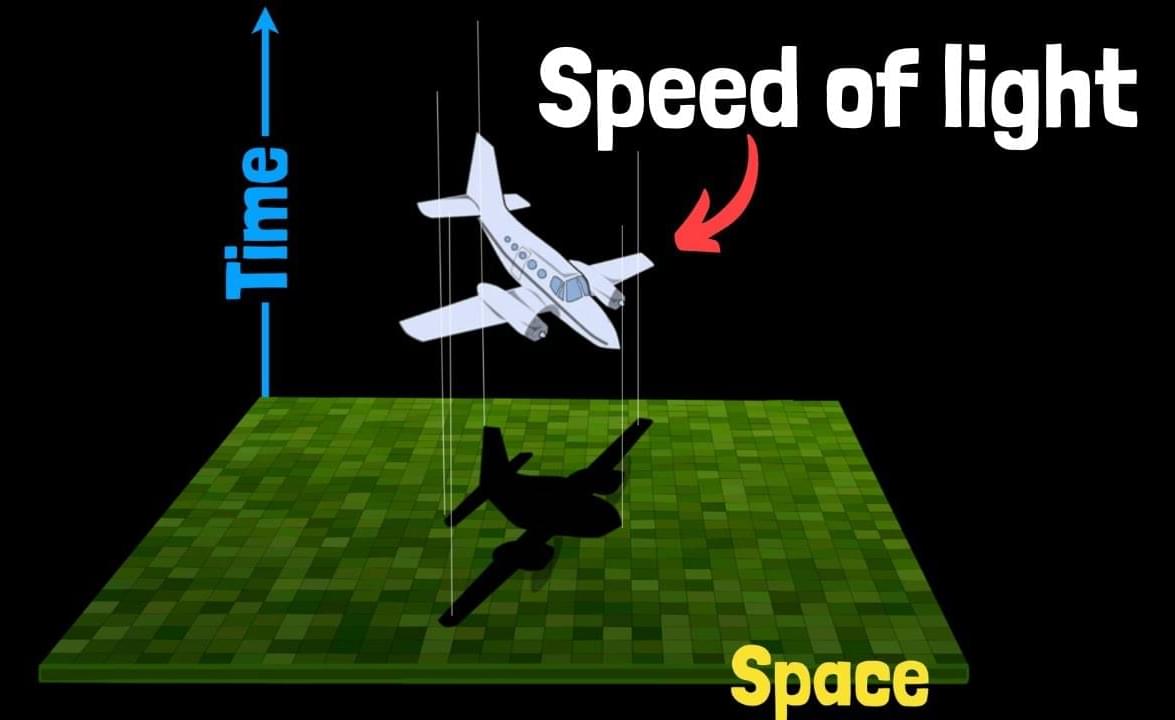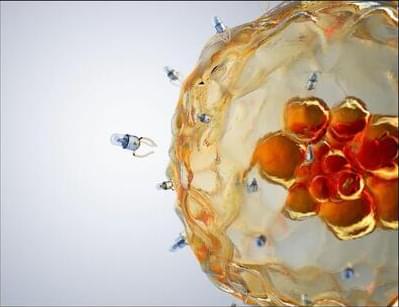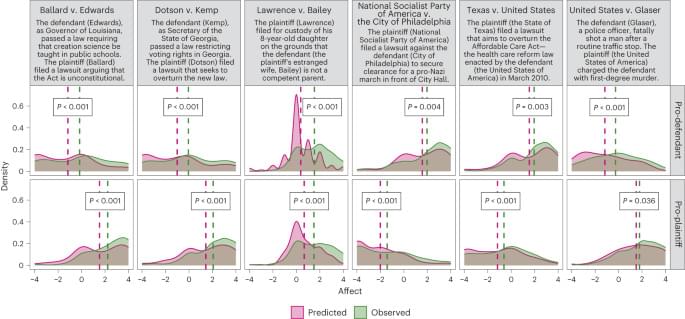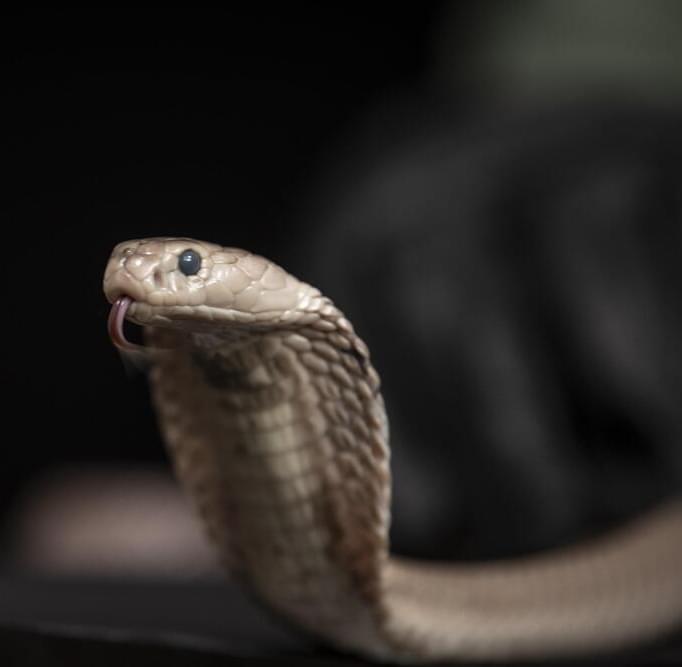
Scripps Research scientists have developed an antibody that can block the effects of lethal toxins in the venoms of a wide variety of snakes found throughout Africa, Asia and Australia.
The antibody, which protected mice from the normally deadly venom of snakes including black mambas and king cobras, is described in Science Translational Medicine. The new research used forms of the toxins produced in the laboratory to screen billions of different human antibodies and identify one that can block the toxins’ activity. It represents a large step toward a universal antivenom that would be effective against the venom of all snakes.
“This antibody works against one of the major toxins found across numerous snake species that contribute to tens of thousands of deaths every year,” says senior author Joseph Jardine, Ph.D., assistant professor of immunology and microbiology at Scripps Research. “This could be incredibly valuable for people in low-and middle-income countries that have the largest burden of deaths and injuries from snakebites.”
